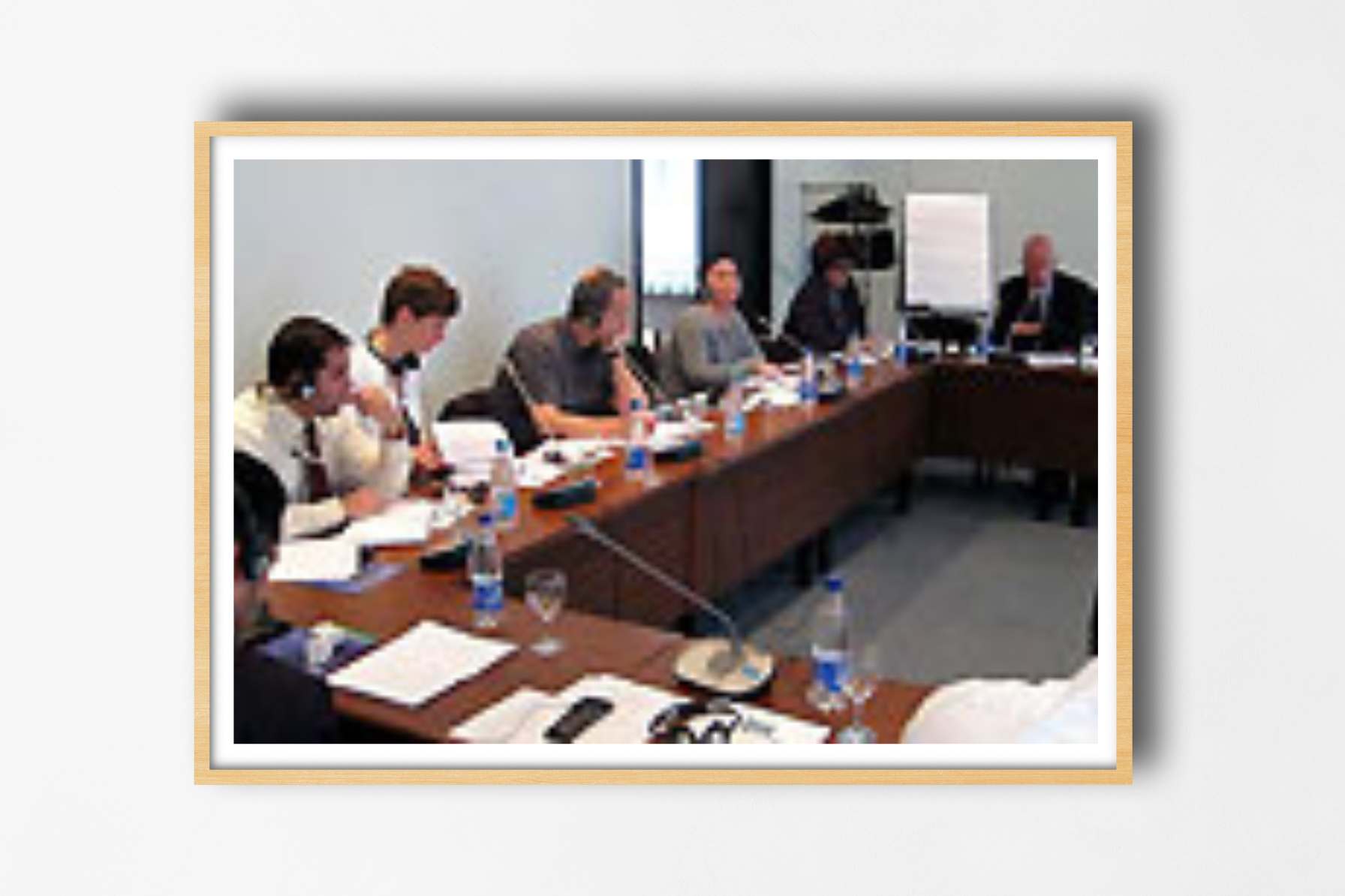“There is no democracy without local democracy”. It is what said Ambassador Constantin Yerocostopoulos, Head of the Council of Europe office in Azerbaijan, opening the workshop held by ALDA in Baku, Azerbaijan, on May 17, on the development of local government and good governance at the local level.
This is the reason for which NGOs in Azerbaijan calls on the Congress of Council of Europe for moral support in their struggle and efforts to push for reforms towards a system of real local self-government in Azerbaijan.
At the workshop participants discussed the experience of local government reform in Bulgaria and compared it with the situation in Azerbaijan.
The Ambassador Constantin Yerocostopoulos spoke about the Council of Europe and the Congress’ initiatives in Azerbaijan and also mentioned the Congress’ recent observation report for Azerbaijan’s local elections that took place in December 2009. The report concluded that despite some technical improvements the elections were lacking the essence of real political competition and democracy.
Mrs. Antonella Valmorbida, ALDA Director told about ALDA’s work in South Caucasus and plans to open a Local Democracy Agency in Azerbaijan in the future. Mrs. Ginka Tchavdarova, Executive Director of the National association of municipalities in Bulgaria spoke about the experience and challenges Bulgaria has faced to develop local self-government and promote citizen participation at the local level.
Mr. Abil Bayramov from the NGO Alliance for Municipality Development spoke about citizen participation in Azerbaijan and the difficulties to talk about any form of real citizen participation, when the elected local government practically doesn’t have any power or money to work with. However, it was stressed that there is a huge potential in the population for more citizen participation and that any activity that allows for even superficial citizen participation is still useful and is giving an important example.
There were very active discussions throughout the workshop, especially on the question of how to overcome the situation that exists today with very limited powers to the municipalities and which role the Congress of the Council of Europe could play in supporting the NGOs’ efforts to push for reform of this system. The participants expressed hope that the monitoring report for Azerbaijan that the Congress expects to conduct in 2012 will bring focus on the fact that Azerbaijan hardly has reformed or strengthened its local self -government system since ratifying the Charter of Local self government in 2002.
One participant even stated that in fact the municipalities in the Soviet system had more powers than municipalities have in the current system in Azerbaijan. This might be an exaggeration but the fact is that local self-government practically doesn’t exist in Azerbaijan.
After a municipal reform in 2009 there are now 1718 municipalities in Azerbaijan. However, these municipalities have very limited authority and almost no money to work with.
The “Executive Committees” that are appointed directly by the president of Azerbaijan have the real power at the local level and the municipalities depend completely on these Executive Committees. The Executive Committees have much broader responsibilities than the municipalities and some of their responsibilities overlap those of the municipalities, which creates confusion – and leaves the municipalities with an unclear mandate.
The city councils are directly elected, but without any real authority these elections have limited meaning. The budget of the municipalities is around 4 Euro per citizen per year putting strong constraints on the possibilities for the municipalities to do anything.
The municipalities’ actual responsibility is limited to maintaining municipal roads, providing social support to low income groups who are not included in the state’s social programs, maintaining cemeteries and organising mourning ceremonies. Most municipalities still don’t have administrative buildings.
There aren’t any indications that the government in Azerbaijan is intending to reform this system substantially in the coming period. The Associations of Local Authorities in Azerbaijan and the Ministry of Justice, responsible for the municipalities, were invited to the seminar but didn’t participate.
The seminar was a reminder for ALDA of the extreme limits to local self-government in Azerbaijan and how far Azerbaijan is from meeting its commitments to the Charter of Local self-government. At the same time the seminar once again showed that there are very competent organisations and persons in Azerbaijan who are committed to the development of local self-government and needs the support of ALDA, the Congress and other international partners to achieve their goals.
The workshop is part of an ALDA project on support to Local Democracy in South Caucasus funded by the Congress of Local and Regional Authorities. It served as a follow up to the conference on cooperation for Local Government development in South Caucasus that took place in Kutaisi in November 2010. In April a similar workshop took place in Georgia and in July a workshop will take place in Armenia. The workshop was also partly funded by the and the Principality of Liechtenstein and its project to support the setting up of an LDA in Azerbaijan.
